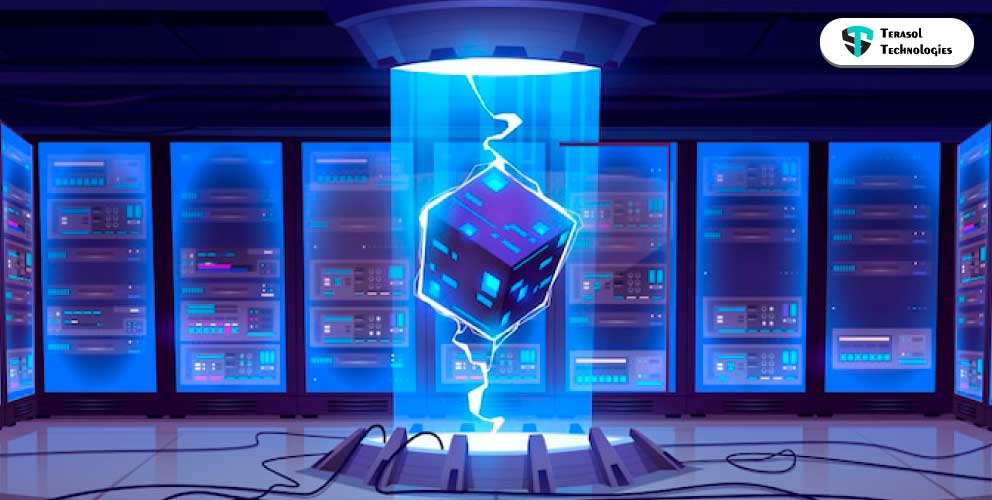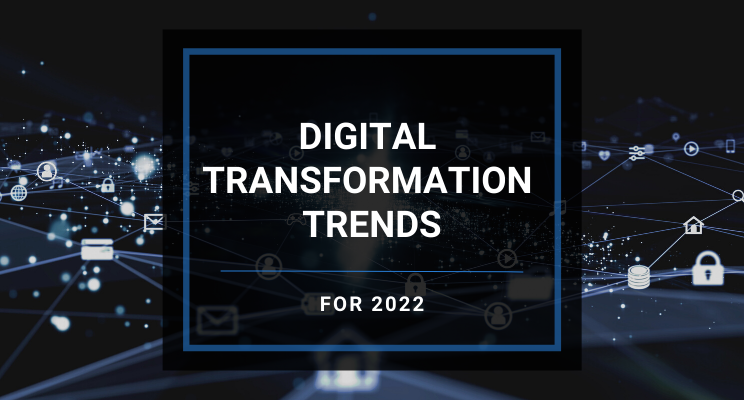Exploring Web 3.0- Best 4 Properties, Industry Use & Challenges
Change is always unsettling, whether it's going from animal power to internal combustion or from handwritten letters to telephone conversations to messaging apps. As Web 2.0 evolves and expands to Web 3.0 — a decentralized layer that sits atop the present web infrastructure — it's worth reflecting on the early days of the Internet, which occurred more than 25 years ago.
Since Tim Berners-Lee introduced the initial Web version in the 1990s in Switzerland, the mode of operation has changed dramatically, particularly in terms of interaction and data utilization.
The 'www' has gone through multiple transformations from being a reading model to its current state of being both readable and writable.
It is now time to start the third phase of the internet's evolution, the phase in which users have the ultimate power.
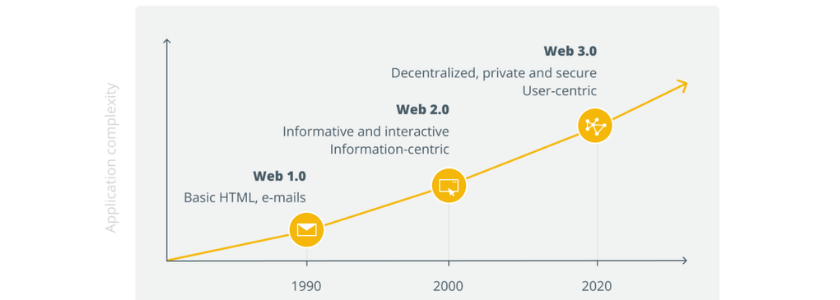
Blockchain is the true breakthrough in Web 3.0. Web 3.0 will have far-reaching implications that go far beyond the first use case of cryptocurrency. Web 3.0 will cryptographically connect data from individuals, corporations, and machines with efficient machine learning algorithms, resulting in the emergence of fundamentally new markets and associated business models, thanks to the richness of interactions now possible and the global scope of counter-parties available.
Now is the time for business executives to understand what the next computer era comprises, how it will impact enterprises, and how it will produce new value as it develops.
Web 3.0 is getting ready to transform how businesses function and how internet users engage with the digital world, thanks to the most disruptive technology of our time.
We'll take a closer look at Web 3.0 Blockchain in this article.
What is Web 3.0?

The line between our digital and real worlds, which was once clear, has already begun to blur. The growing world of the Spatial Web, often known as Web 3.0 or the 3D Web, is reflected in today's technology applications.
Web 3.0, which is a continuation of Web 2.0, is expected to become the future internet paradigm. Web 3.0 technology is a fair and transparent network in which people can communicate without fear of losing their security or privacy.
By combining the power of Artificial Intelligence and Big Data, the web version will make the internet intelligent while also making the web semantic.
Web 3.0 will usher in a new internet era. In this, the internet will be powered by Blockchain to become more human.
What will happen if it is implemented in the actual world? Why is it important?
Why Web 3.0 is needed?
Take, for example, holiday preparations. When planning your next vacation, you usually spend a lot of time looking for lodging, restaurants, and activities.
Isn't it exhausting sometimes? For me, it is the least interesting thing, can't I just get the ultimate answer!
With Web 3.0 technology you'll be able to use a complex search query like "I want to go on a week-long vacation to Barcelona, stay in a luxury hotel, and visit several famous museums". The search engine will analyze your question and present you with organized results depending on your query, similar to what Google does now, but in greater depth.
And this is what we need.
It appears to be ideal, but what's the catch?
Artificial intelligence will assist search engines in displaying customized search results depending on a user's preferences. It will be a huge network that connects people, apps, concepts, and data.
This concentration of data in the hands of tech behemoths with money and connections quickly began to reveal its dark side.
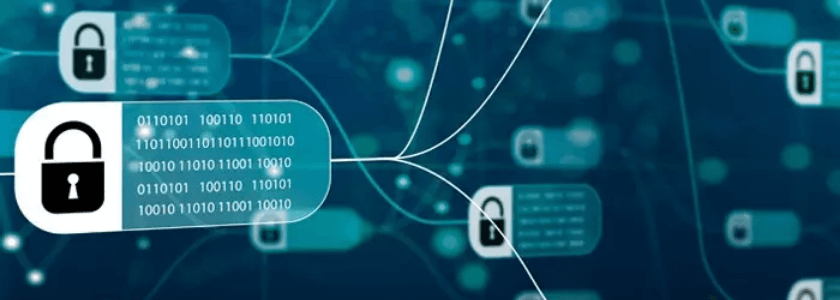
Because everything will be connected, security and privacy will be an issue. With the incidents gradually leading to financial loss and identity theft, users began to question the value of a quality that was exposing them.
But, in the Web 3.0 era, what technologies could be able to assist us in being secure?
What we required is desensitization.
Let's look at the four properties of Web 3.0 to better comprehend the complexities.
4 Philosophies or Properties of Web 3.0
1. The Semantic Web
The "semantic web" is a crucial component of Web 3.0. Tim Berners-Lee use to describe this word as a web of data that can be analyzed by machines. Semantics is the study of the meaning or emotion transmitted by facts.
Web 3.0's two cornerstones are the semantic web and artificial intelligence. The semantic web will aid in teaching the computer what the data means, allowing artificial intelligence to develop that can make use of the data.
The primary concept is to build a knowledge spiderweb throughout the internet that will aid in understanding the meaning of words and connecting, generating, and sharing content through search and analysis. As a result, the user experience progresses to a new level of connectivity that takes advantage of all accessible data. Thus, the web will be behaving more human-like to understand our needs properly.
2. Artificial Intelligence
Websites will be able to filter and offer the best facts to users thanks to artificial intelligence. In the current web 2.0 era, we have begun to solicit customer feedback to better understand the quality of a product or asset.
Human recommendations, as we all know, are not infallible. A group of people may band together to offer a deserving movie or commercial service positive ratings, so raising their ratings. Artificial intelligence can learn to distinguish between good and bad data and provide us with dependable information.
3. 3D- Graphics
Web 3.0 will transform the internet's future as it evolves from a simple two-dimensional web to a more realistic three-dimensional cyberworld. Web 3.0 websites and services, such as online games, e-commerce, and the real estate market, make considerable use of three-dimensional design.
Consider online games like Second Life or World of Warcraft, or TV shows like Naruto, where users are significantly more concerned with their online avatars' well-being than their real-life personalities. There's a good likelihood that the number of people with 3D identities will increase.
4. Ubiquitous
Ubiquitous refers to the concept of existing or being present in multiple places at the same time, i.e., omnipresence.
With the advancement of mobile devices and an internet connection, the web 3.0 experience will be accessible everywhere, at any time. The internet will no longer be limited to your desktop computer, as it was with Web 1.0, or your smartphone, as it was with Web 2.0. It will be all-powerful from smartphones and smart devices to Robots. Web 3.0 could be dubbed the "internet of everything and everywhere."
What Is the Importance of Web 3.0 for Your Business?
The impact of web 3.0 on businesses will be to make them more transparent and user-centric. Everything that was wrong with how corporations handled users' data will undergo a radical transformation.
Businesses, both old and new, will be the ones to open the doors to Blockchain and the capabilities it brings.
Consider the future, when connectivity, computing power, digital gadgets, and our ability to evaluate and contextualize data have all significantly improved. In today's environment, we connect with digital data in ways other than typical screens, tablets, and phones.
Many distinct applications can be developed and will be able to run on their own without the need for a central server if they used a decentralized ledger in the form of decentralized apps or DApps (oh, not the gesture of hand-raising Dabb).
It would be feasible to track specific information and connect it to other DApps that handle other types of data using DApps.
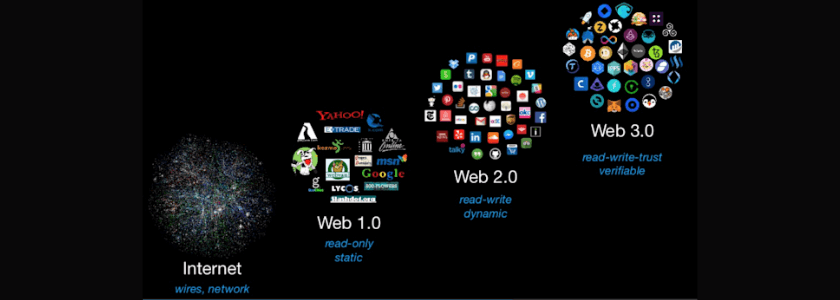
Let's have some glances at the future of some industries.
Automobile and Insaurance
Say, you own a self-driving car. They will need an application to connect with the users from anywhere. Now you can add your name to an application that further talks with a separate application for car owners. These two applications would be able to share data with a third application that handles insurance claims. All of this information might be linked to Web 3.0, in the end, providing you personalized and best-suited insurance policy according to where you live or the car model.
Social Networking Apps/ Media
Social media has become an integral part of our daily lives. Web 3.0 fundamentally alters the way an app development business creates social media applications. It removes data control away from platforms and gives it back to end-users, making it difficult to spin a tale while also making data exploitation impossible.
Data storage/ Cloud- computing
We keep our data on Google Drive or iCloud as regular users. Companies have very different demands and scenarios since they want a far more robust and scalable centralized data storage solution.
The vast majority of data storage operations on the market today are centralized, as Uber, LinkedIn, and T-Mobile have already discovered.
Web 3.0's decentralized storage facility is the answer to this problem. The files and data are encrypted before being transferred across a peer-to-peer network. It means they are stored on several nodes rather than in a single location.
Education
More students will be able to access and afford high-quality education thanks to the promise of web3 and blockchain, which will enable them to develop, learn, and adapt in this dynamic world. DAOs can offer the framework for decentralized educational experiences with web3 in education.
Revolutionize the next generation of talent by collaborating with us to create solutions that enhance the way we learn with our Edtech Industry services.
Streaming Service
Streaming is without a doubt one of our time's most thriving enterprises. The entertainment business is known for producing industry leaders such as Netflix and Spotify. These vexing challenges for Web 3.0 are addressed by blockchain's decentralization and smart contract capabilities.
Web 3.0 will benefit streaming services for a variety of reasons. Content makers will be able to work transparently, with no copyright issues thanks to smart contracts, and will be able to avoid unreasonable policies for content providers and streamers.
Healthcare
In healthcare, we meet a renowned cardiac surgeon and cardiovascular health researcher, Sarah. Sarah begins her day by turning on her hands-free, intelligent interface, rather than checking her phone (interesting, isn't it). Web 3.0 technology curates several media channels that filter contextual information into her field of view. Say, from social media and the news to her job schedule and protected patient information, everything. She summons a self-driving car to drive her to the hospital, where she also participates in a holographic video conference with her child's teacher. Then Sarah starts by "scrubbing in" for robotic surgery on patients thousands of kilometers distant on the computer.
And this is just the starting!
This integrated physical and digital network will be established over time, based on the convergence of modern technologies that have been layered and engineered to be both secure and interoperable.
Challenges with Web 3.0 implementation
Let's have a look at some of the most significant obstacles to Web 3.0 implementation:
Vastness: The internet is enormous. There are billions of pages in it, and current technology hasn't been able to delete all semantically duplicated phrases. Any reasoning system that is capable of reading all of this data and comprehending its operation must be able to deal with large amounts of data.
Uncertainty: The internet deals with a lot of ambiguous data. A patient might, for example, appear with a collection of symptoms that correlate to several alternative diagnoses, each with a different likelihood.
Vagueness: User searches aren't always very detailed, and they can be fairly vague at times. To deal with ambiguity, fuzzy logic is used.
Inconsistency: Inconsistent data might result in logical inconsistency and unpredictability in analysis.
Deceit: While AI can assist with data filtering, what if all of the data presented is purposely incorrect and misleading? Cryptography techniques are the solution to this challenge when implemented correctly.
The Ultimate Future: Web 3.0
Web 3.0 will revolutionize the way we interact with the digital world, and it won't simply affect individuals. Web 3.0 will have a tremendous impact on organizations, both traditional and disruptive.
It's unclear how long it'll take to get to a fully functional Web 3.0. The move from Web 2.0 to Web 3.0, will take time. We have no idea when all websites will provide semantic data to aid the Web 3.0 search engine.
But one thing is certain: Web 3.0 will transform our lives, making it easier and more comfortable to search for anything while keeping our personal information safe.
Businesses will have more time to reflect on their processes and choose where they fall on the decentralization and transparency spectrum.
Businesses must begin planning now. Contact us now and allow our blockchain professionals to assist you.
